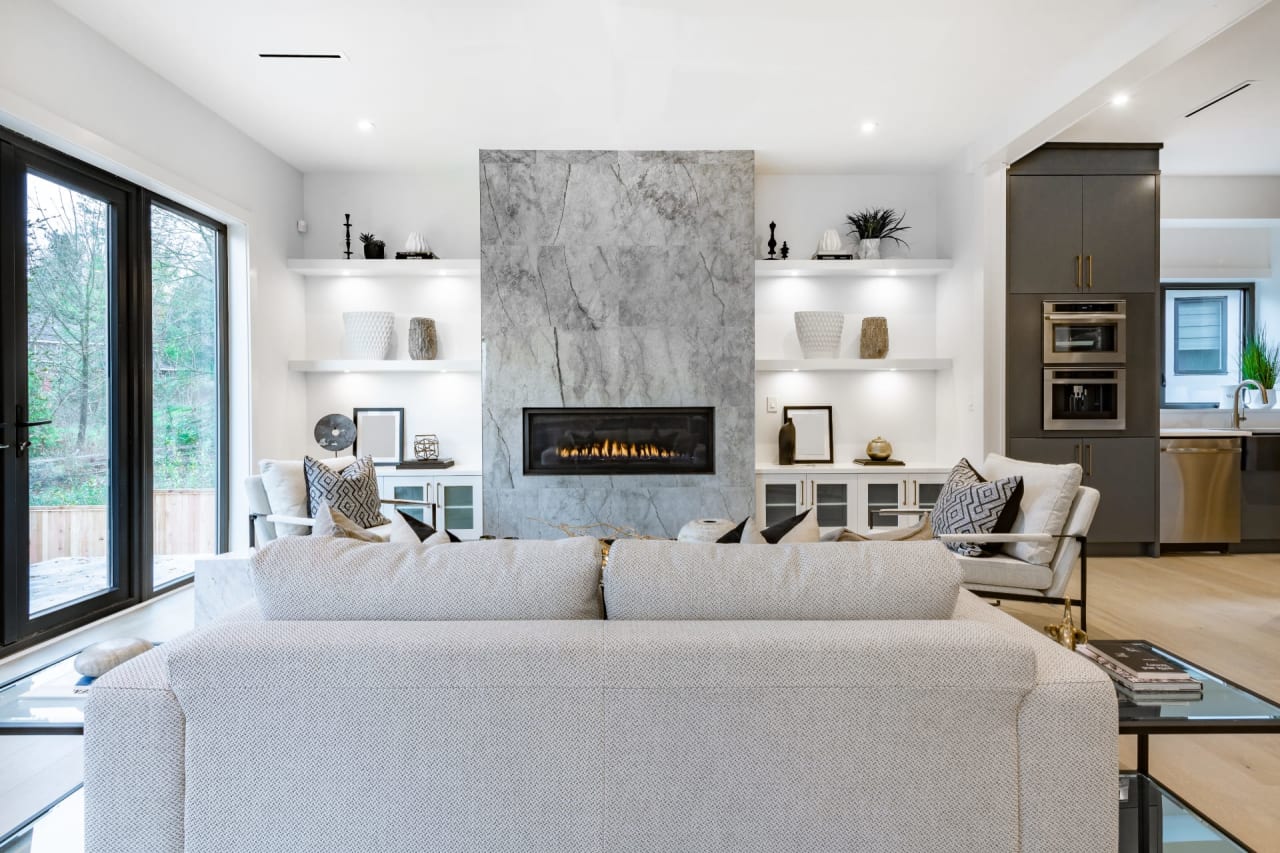Building a home can be a stressful and time-consuming process, but there are steps you can take to mitigate your risk and set clear expectations. Here are a few tips:
Work with a reputable builder: Do your research and choose a builder with a proven track record of success. Check their references and ask to see examples of their work or view one of their model homes to see their quality of work.
Get everything in writing: Before construction begins, make sure you have a detailed contract that outlines the scope of work, timeline, budget, and any contingencies or potential issues that could arise. A good contract is key to mitigating risk when building a new home. An experienced real estate agent can help you review and negotiate the contract to ensure that it includes clear timelines, costs, and contingencies for unexpected issues. By including these details in the contract, you can hold the builder accountable for meeting the agreed-upon terms, and limit your financial exposure if something does go wrong. Additionally, having a real estate agent on your side can help you navigate the complex process of building a home, and provide you with valuable guidance and support throughout the entire process.
Stay in communication with your builder: Keep the lines of communication open with your builder throughout the construction process. Regular check-ins and updates can help you stay informed and prevent any misunderstandings.
Be realistic about timelines: Understand that building a home takes time, and delays can happen due to weather, permits, design changes, and other factors beyond your builder's control. Be realistic about your expectations and understand that there may be some delays.
Keep an eye on the budget: Be mindful of the budget throughout the construction process, and don't be afraid to ask questions if you see costs escalating beyond what you expected. A good builder should be transparent about costs and keep you informed of any changes or unexpected expenses.
By taking these steps, you can help ensure that your home-building process goes as smoothly as possible and that you end up with the home of your dreams.




